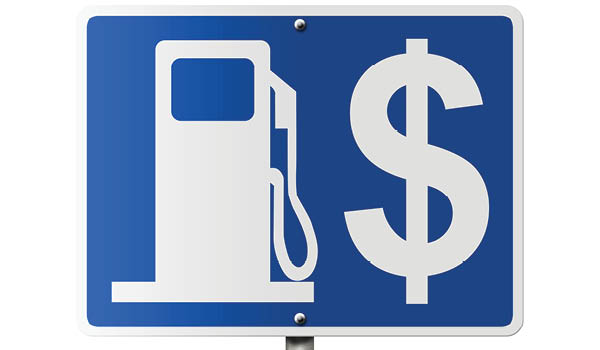The Australian Competition and Consumer Commission has released the third quarterly report into the Australian petroleum industry for 2015.
“There are some in the community that believe that the ACCC sets fuel prices, or can take action if fuel prices are set significantly above cost. This is not correct. The ACCC does not set wholesale or retail petrol prices in Australia, and it is not illegal to price above cost. Petrol prices are determined by the market,” ACCC chairman Rod Sims said.
“The aim of the quarterly monitoring reports is to provide timely information on fuel price movements in all capital cities and around 180 regional locations and the drivers of those prices. Through its monitoring reports, the ACCC is enhancing the transparency of the petroleum industry and aims to increase public awareness of the factors that determine retail petrol prices in Australia.”
The most recent report shows that in the June quarter 2015 the average retail petrol price in the five largest cities (i.e. Sydney, Melbourne, Brisbane, Adelaide and Perth) was 135.8 cents per litre (cpl). This was 16.9 cpl higher than in the March quarter 2015 (118.9 cpl), influenced by rising international crude oil and refined petrol prices and a marginally weaker AUD–USD exchange rate.
The differential between average petrol prices across all regional locations and average petrol prices in the five largest cities decreased substantially over the last two quarters to only 0.7 cpl in June 2015. This compared with a differential of 17.5 cpl in December 2014 and 1.9 cpl in March 2015.
In June 2015, monthly average petrol prices were lower than the five city average prices in 77 regional locations. These represented around 43% of regional locations monitored by the ACCC.
“In the second half of 2014 regional prices were slower to fall following decreases in international refined petrol prices, compared with prices in the larger cities. They were also slower to rise in the March and June 2015 quarters,” Mr Sims said.
“The differential in June 2015 was particularly low and is likely to increase, to some extent, in coming months once international refined petrol prices stabilise.”



